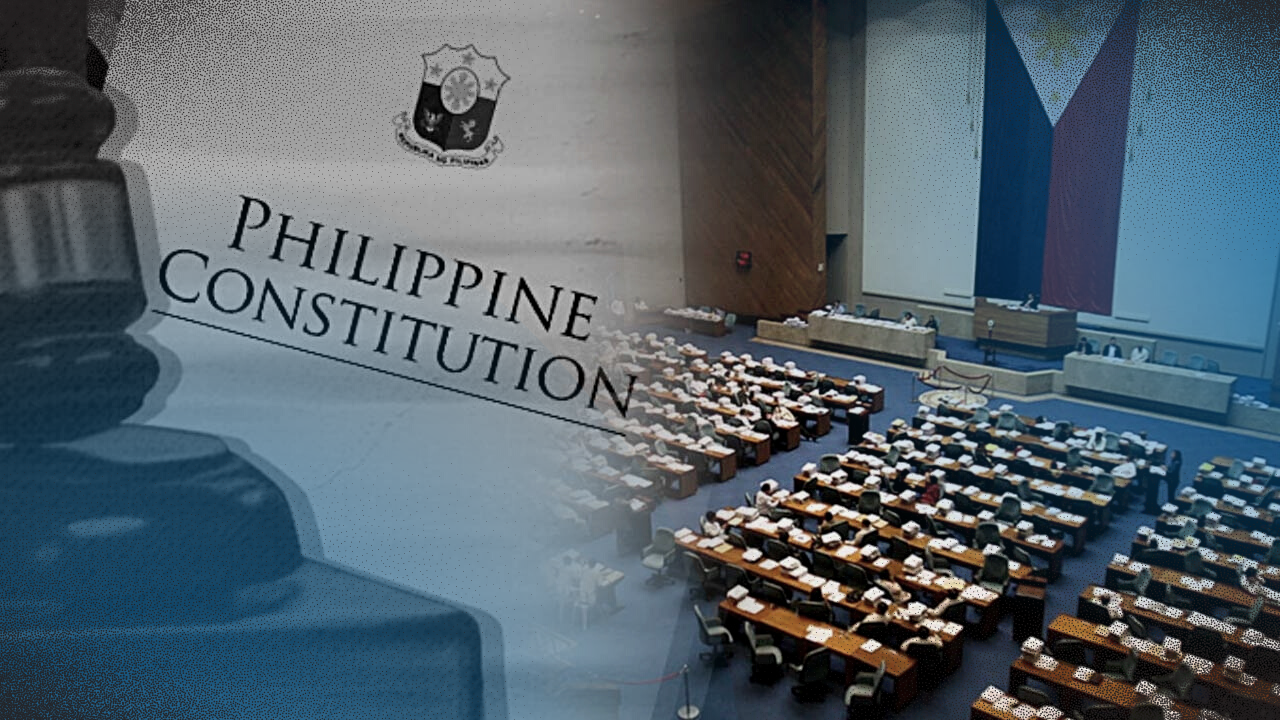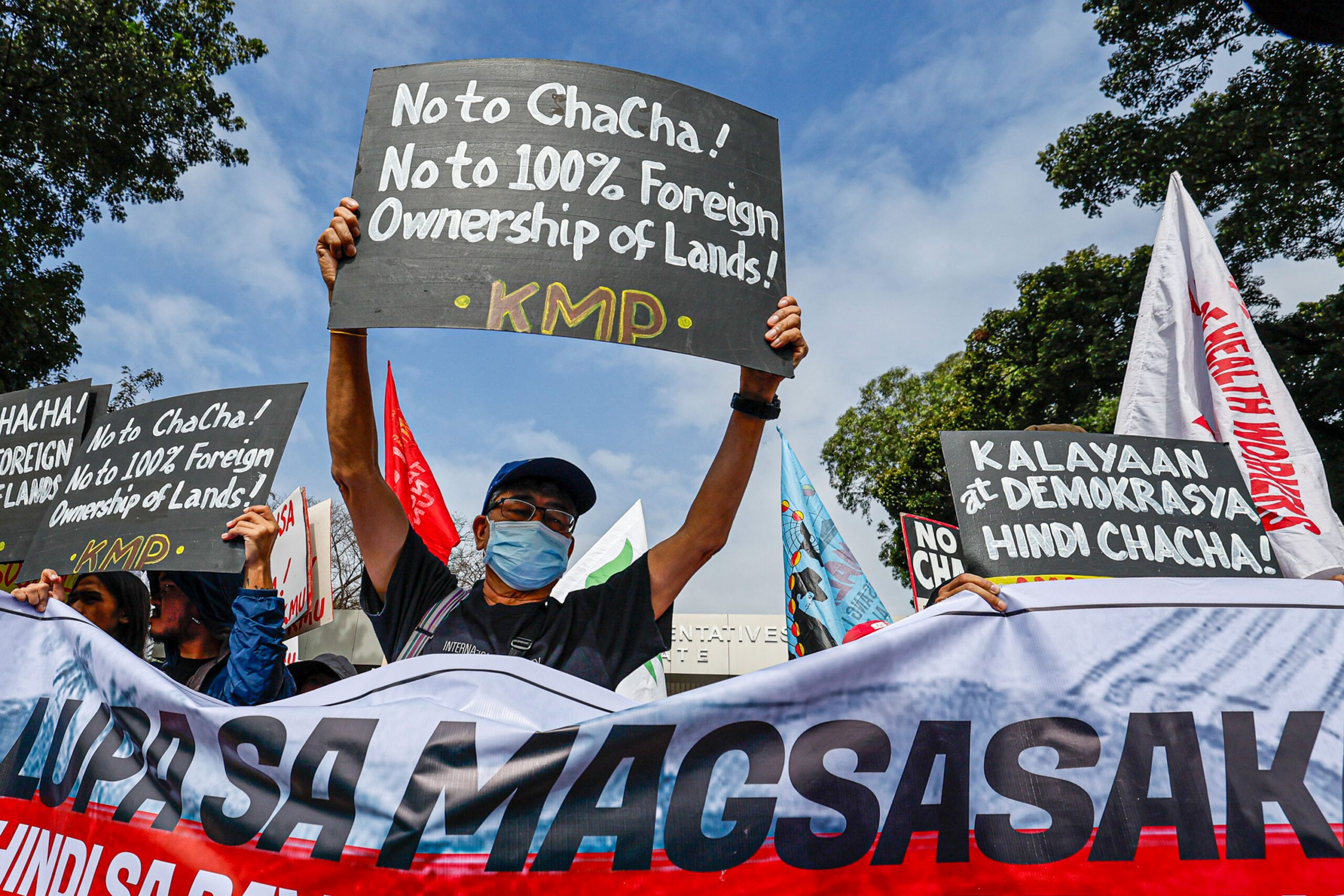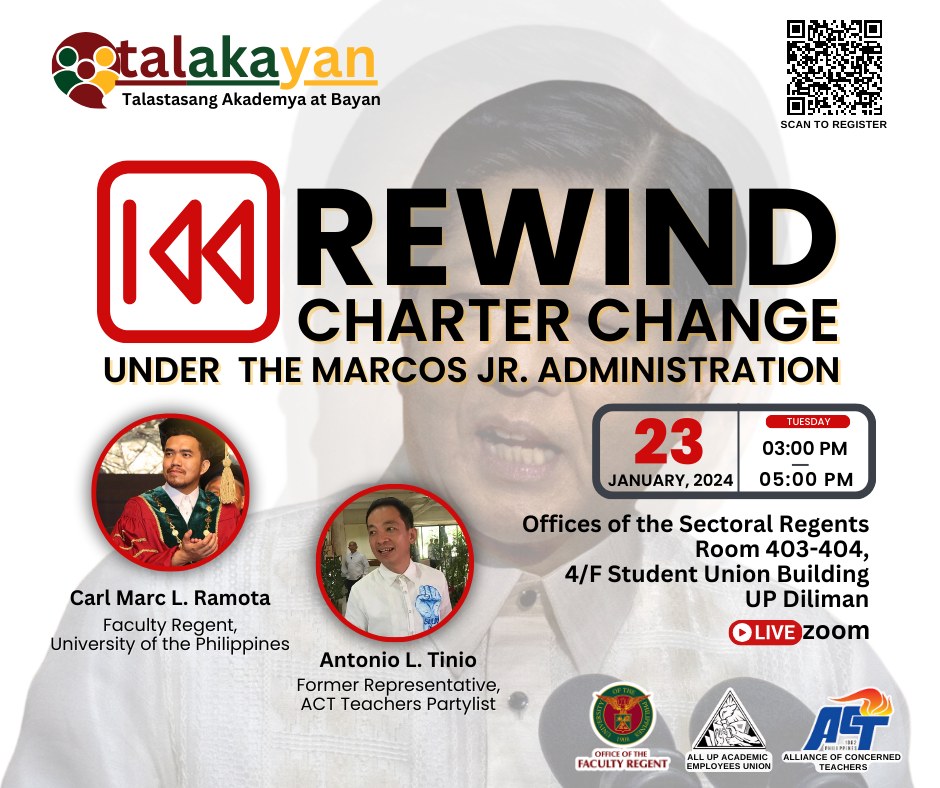constitution change marcos jr
Associated Articles: constitution change marcos jr
Introduction
On this auspicious event, we’re delighted to delve into the intriguing matter associated to constitution change marcos jr. Let’s weave fascinating data and supply recent views to the readers.
Desk of Content material
The Constitution Change Conundrum: Ferdinand Marcos Jr.’s Ambitions and the Philippine Structure

Ferdinand "Bongbong" Marcos Jr.’s presidency has ignited renewed debate surrounding constitution change within the Philippines. Whereas not explicitly a central plank of his marketing campaign platform, the subject has resurfaced with rising frequency, prompting anxieties and hopes in equal measure. This text will delve into the complexities surrounding Marcos Jr.’s obvious curiosity in constitutional reform, inspecting the potential motivations, the proposed adjustments, the potential penalties, and the broader political panorama inside which this debate unfolds.
The Historic Context: A Legacy of Constitutional Wrangling
The Philippine Structure has undergone a number of revisions since its inception, reflecting the nation’s turbulent political historical past. From the Commonwealth period to the Marcos Sr. dictatorship and the next democratic transitions, the structure has served as each a framework for governance and a battleground for political energy. Amendments have usually been pushed by particular political agendas, resulting in intervals of stability and instability alike. This historic context is essential in understanding the present push for constitution change, because it highlights the potential for each progressive reform and regressive authoritarianism.
Marcos Jr.’s Place: Ambiguity and Strategic Vagueness
President Marcos Jr. has adopted a notably ambiguous stance on constitution change. Whereas he hasn’t explicitly referred to as for particular amendments, his pronouncements counsel a willingness to discover the opportunity of constitutional reform. This strategic vagueness permits him to harness the help of assorted factions advocating for various adjustments with out committing to a particular agenda. This strategy additionally permits him to gauge public opinion and alter his technique accordingly. Some interpret his silence as a calculated transfer, permitting him to strategically introduce proposals later, probably bypassing important public opposition.
Arguments for Constitution Change: A Multifaceted Agenda
Proponents of constitution change below the Marcos Jr. administration advance numerous justifications, usually overlapping and generally contradictory. These arguments will be broadly categorized as follows:
-
Financial Improvement: A central argument revolves round the necessity to entice overseas funding and enhance financial progress. Proponents counsel that amending sure provisions, significantly these associated to overseas possession restrictions in sure sectors, may incentivize better overseas participation within the Philippine financial system. This argument usually focuses on streamlining laws and selling ease of doing enterprise.
-
Political Reform: Some argue that constitution change is important to deal with long-standing political points, equivalent to political dynasties and corruption. Nevertheless, the precise mechanisms for reaching these reforms stay largely undefined, elevating considerations that proposed amendments may inadvertently strengthen present energy buildings fairly than weakening them.
-
Strengthening Nationwide Safety: Within the context of rising geopolitical tensions within the area, some advocate for constitutional adjustments that improve the federal government’s capability to deal with nationwide safety challenges. This argument usually entails discussions about revising provisions associated to the armed forces and nationwide protection.
-
Addressing Federalism: Whereas the earlier administration pushed for federalism, the present administration hasn’t explicitly championed this. Nevertheless, some proponents argue that constitutional amendments are essential to facilitate a extra decentralized type of governance, probably addressing regional disparities and bettering native autonomy.
Arguments In opposition to Constitution Change: Considerations and Dangers
Opponents of constitution change increase a number of crucial considerations:
-
Danger of Authoritarianism: Essentially the most important concern revolves across the potential for constitution change for use to consolidate energy and erode democratic establishments. Given the Marcos household’s historical past, this worry is especially acute. Critics argue that any modification course of should be clear, participatory, and genuinely aimed toward strengthening democracy, not weakening it.
-
Lack of Transparency and Public Session: The dearth of clear proposals and inadequate public session increase considerations concerning the potential for a rushed and undemocratic course of. Critics argue that any important constitutional change requires broad public help and thorough debate.
-
Potential for Financial Inequality: Whereas proponents argue that constitution change will enhance financial progress, critics warn that it may exacerbate present inequalities, significantly if amendments profit giant companies and overseas traders on the expense of abnormal Filipinos.
-
Weakening of Checks and Balances: Considerations exist that proposed amendments may weaken the checks and balances inherent within the present constitutional framework, probably concentrating extreme energy within the government department.
The Path to Constitution Change: Navigating the Authorized and Political Maze
The Philippine Structure outlines a posh course of for amending its provisions. This entails both a constitutional conference or a constituent meeting. Every pathway presents distinctive challenges and alternatives, with potential implications for the result of any proposed adjustments. The political maneuvering required to navigate this course of might be important, involving complicated negotiations between numerous political factions and curiosity teams. The success or failure of any constitution change initiative will hinge on the power of the Marcos administration to construct consensus and safe adequate help inside Congress and among the many public.
Worldwide Implications and Overseas Funding:
The prospect of constitution change additionally carries important worldwide implications. Overseas traders intently monitor the political and authorized panorama within the Philippines, and any perceived instability or menace to democratic establishments may negatively impression investor confidence. Whereas some argue that amendments may entice overseas funding, others warn {that a} poorly managed constitution change course of may scare away traders and harm the Philippines’ worldwide status.
Conclusion: A Precarious Stability
The talk surrounding constitution change below President Marcos Jr. is fraught with complexities and potential dangers. Whereas arguments for reform exist, the potential for abuse of energy and erosion of democratic establishments stays a major concern. The success of any constitution change initiative will rely critically on the transparency, inclusivity, and democratic legitimacy of the method. A rushed or opaque strategy may have disastrous penalties, probably undermining the very foundations of Philippine democracy. A balanced strategy, prioritizing real public session and strong debate, is crucial to make sure that any constitutional adjustments serve the most effective pursuits of the Filipino individuals and strengthen, fairly than weaken, the nation’s democratic establishments. The approaching years might be essential in figuring out whether or not the Marcos Jr. administration can navigate this delicate steadiness and obtain significant, sustainable reform, or whether or not the push for constitution change will in the end exacerbate present political divisions and threaten the steadiness of the nation.








Closure
Thus, we hope this text has offered invaluable insights into constitution change marcos jr. We hope you discover this text informative and useful. See you in our subsequent article!